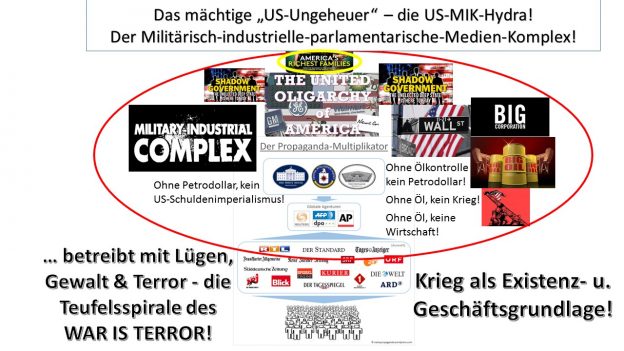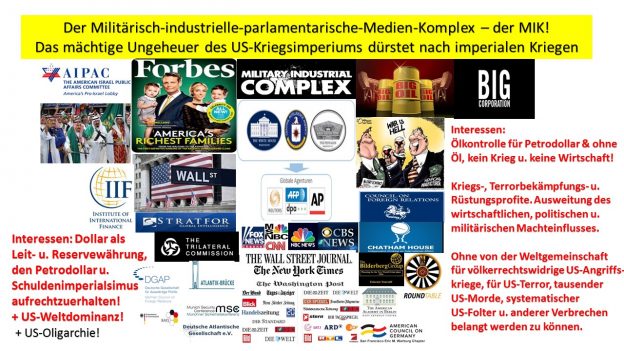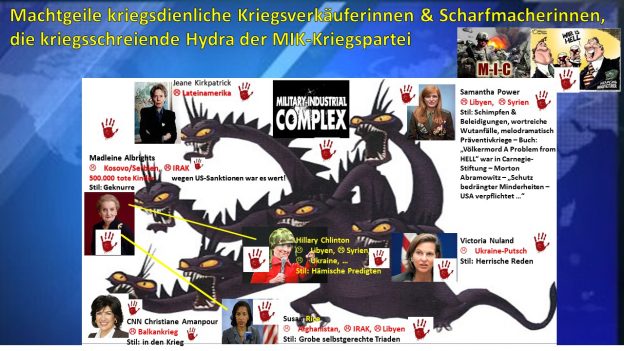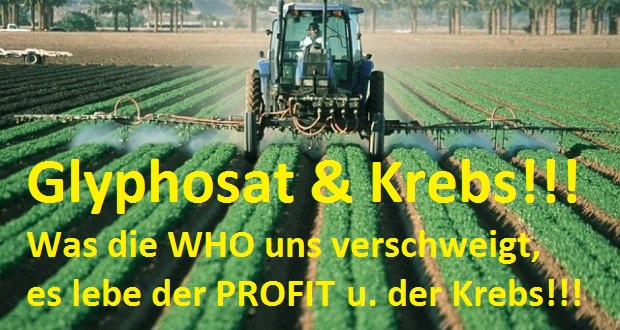Finanzmarkt- und Konzernmacht-Zeitalter der Plutokratie unterstützt von der Mediakratie in den Lobbykraturen der Geld-regiert-Regierungen in Europa, Innsbruck am 28.10.2016
Liebe® Blogleser_in,
Bewusstheit, Liebe und Friede sei mit uns allen und ein gesundes sinnerfülltes Leben wünsch ich ebenfalls.
Aus dieser Quelle zur weiteren Verbreitung entnommen: Aus dieser Quelle zur weiteren Verbreitung entnommen: https://www.contra-magazin.com/2016/10/glyphosat-krebs-wissenschaftler-wurden-von-who-agentur-zum-stillschweigen-verdonnert/
————————————————————————————-————
Aus dem per ÖVP-Amtsmissbräuche offenkundig verfassungswidrig agrar-ausgeraubten Tirol, vom friedlichen Widerstand, Klaus Schreiner
Don´t be part of the problem! Be part of the solution. Sei dabei! Gemeinsam sind wir stark und verändern unsere Welt! Wir sind die 99 %!
“Wer behauptet, man braucht keine Privatsphäre, weil man nichts zu verbergen hat, kann gleich sagen man braucht keine Redefreiheit weil man nichts zu sagen hat.“ Edward Snowden

PDF-Downloadmöglichkeit eines wichtigen sehr informativen Artikels über den amerikanischen Militärisch-industriellen-parlamentarischen-Medien Komplex – ein Handout für Interessierte Menschen, die um die wirtschaftlichen, militärischen, geopolitischen, geheimdienstlichen, politischen Zusammenhänge der US-Kriegsführungen samt US-Kriegspropaganda mehr Bescheid wissen wollen :
————————————————————————————-————




Hier noch eine kurzes Video zur Erklärung der Grafik Gewaltspirale der US-Kriege
https://www.youtube.com/watch?v=1PnxD9Z7DBs
Bitte teile diesen Beitrag:


